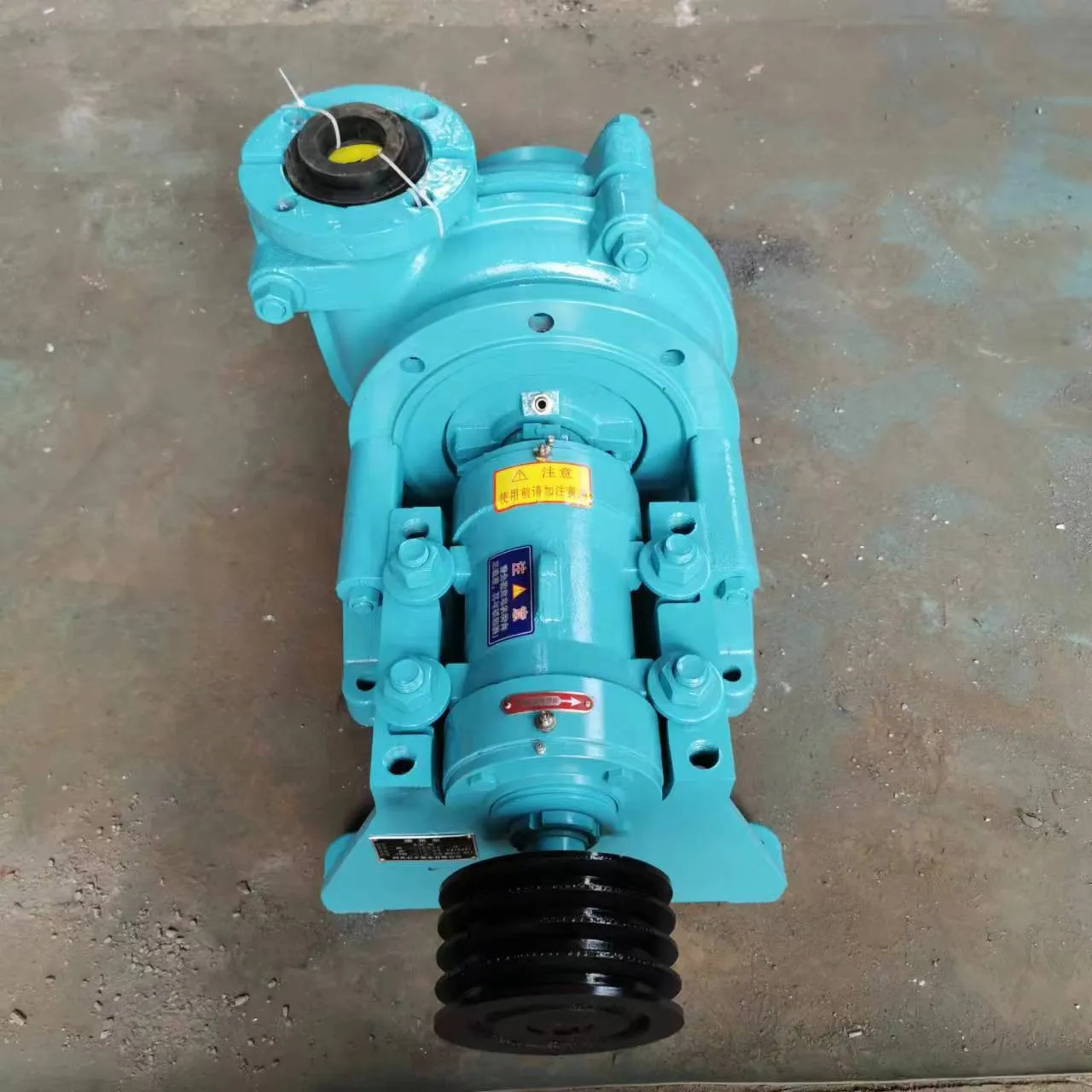English
- Afrikaans
- Albanian
- Amharic
- Arabic
- Armenian
- Azerbaijani
- Basque
- Belarusian
- Bengali
- Bosnian
- Bulgarian
- Catalan
- Cebuano
- Corsican
- Croatian
- Czech
- Danish
- Dutch
- English
- Esperanto
- Estonian
- Finnish
- French
- Frisian
- Galician
- Georgian
- German
- Greek
- Gujarati
- Haitian Creole
- hausa
- hawaiian
- Hebrew
- Hindi
- Miao
- Hungarian
- Icelandic
- igbo
- Indonesian
- irish
- Italian
- Japanese
- Javanese
- Kannada
- kazakh
- Khmer
- Rwandese
- Korean
- Kurdish
- Kyrgyz
- Lao
- Latin
- Latvian
- Lithuanian
- Luxembourgish
- Macedonian
- Malgashi
- Malay
- Malayalam
- Maltese
- Maori
- Marathi
- Mongolian
- Myanmar
- Nepali
- Norwegian
- Norwegian
- Occitan
- Pashto
- Persian
- Polish
- Portuguese
- Punjabi
- Romanian
- Russian
- Samoan
- Scottish Gaelic
- Serbian
- Sesotho
- Shona
- Sindhi
- Sinhala
- Slovak
- Slovenian
- Somali
- Spanish
- Sundanese
- Swahili
- Swedish
- Tagalog
- Tajik
- Tamil
- Tatar
- Telugu
- Thai
- Turkish
- Turkmen
- Ukrainian
- Urdu
- Uighur
- Uzbek
- Vietnamese
- Welsh
- Bantu
- Yiddish
- Yoruba
- Zulu
Telephone: +86 13120555503
Email: frank@cypump.com
Dec . 27, 2024 01:47 Back to list
sewer ejector pumps
Understanding Sewer Ejector Pumps Function, Importance, and Maintenance
Sewer ejector pumps play a crucial role in managing wastewater in residential and commercial settings, particularly in areas where gravity drainage is not feasible. These specialized pumps are designed to transport sewage and waste from lower lying areas—such as basements or below the main sewer line—to a centralized drainage system. This article explores how sewer ejector pumps work, their importance, and essential maintenance tips to ensure their efficient operation.
How Sewer Ejector Pumps Work
At its core, a sewer ejector pump operates on a simple principle it uses a motor-driven mechanism to impart energy to sewage and wastewater, propelling it upward through pipes into the main sewer line. Typically housed in a sump pit, the ejector pump automatically activates when the wastewater level rises to a certain point. It features an impeller that creates a suction effect, drawing in the waste and pushing it through discharge pipes that lead to the sewer system.
The pump itself operates under a unique system. When wastewater accumulates in the pit, a float switch is triggered, signaling the pump to start. Once activated, the pump can effectively handle solids and liquids simultaneously, making it suitable for diverse contexts, from residential basements to commercial properties. Most models are designed to handle solids up to a certain size—usually around 2 inches—ensuring that clogs are minimized.
Importance of Sewer Ejector Pumps
The importance of sewer ejector pumps cannot be overstated, especially in areas where the plumbing configuration does not allow for straightforward gravity drainage. Here are a few reasons why these pumps are essential
1. Preventing Backflow Ejector pumps help prevent sewage backup into living spaces, which can lead to unsanitary conditions and costly repairs. They ensure that waste is efficiently transported away, reducing health risks associated with stagnant sewage.
2. Versatility These pumps are incredibly versatile, as they can be used not only in residential settings but also in commercial applications, such as restaurants, hotels, and public restrooms. They can manage a variety of waste types, including greywater and blackwater.
3. Cost-Effectiveness By ensuring efficient waste management, ejector pumps help avoid expensive plumbing emergencies. Investments in quality ejector pumps can save homeowners and businesses money in the long run by minimizing the risk of sewage-related issues.
sewer ejector pumps

4. Regulatory Compliance Many municipal regulations require proper waste management systems to ensure public health and environmental safety. Installing a sewer ejector pump can help properties comply with these requirements.
Maintenance Tips for Sewer Ejector Pumps
To ensure longevity and reliability, regular maintenance of sewer ejector pumps is critical. Here are some essential maintenance tips
1. Regular Inspections Conduct routine inspections of the pump, sump pit, and discharge lines. Look for signs of wear or any obstructions that could hinder the pump’s performance.
2. Clear the Sump Pit Keep the sump pit free of debris and other materials that can interfere with the pump’s operation. This will help prevent clogs and ensure efficient functioning.
3. Test the Float Switch The float switch is a vital component of the ejection system. Regularly test it to ensure it’s functioning correctly, allowing the pump to activate and deactivate appropriately.
4. Check Electrical Connections Ensure that electrical connections are secure and free of corrosion. Malfunctions in electrical components can lead to pump failures.
5. Seek Professional Help If you notice unusual noises, frequent cycling, or if the pump fails to activate, it may be time to call a professional plumber. Addressing issues promptly can prevent more significant problems down the line.
Conclusion
In summary, sewer ejector pumps are essential for effective wastewater management, particularly in low-lying areas where traditional gravity systems cannot function efficiently. Understanding how these pumps work, acknowledging their importance, and committing to regular maintenance can make a significant difference in home and business operations. By investing in quality pumps and ensuring they are well-maintained, property owners can safeguard against potential sewage problems, ensuring a healthier and more sanitary living environment.
-
Heavy-Duty Mining Sludge Pumps - Wear-Resistant Slurry Handling
NewsAug.02,2025
-
Horizontal Split Case Pump with GPT-4 Turbo | High Efficiency
NewsAug.01,2025
-
ISG Series Pipeline Pump - Chi Yuan Pumps | High Efficiency, Durable Design
NewsAug.01,2025
-
Advanced Flue Gas Desulfurization Pump with GPT-4 Turbo | Durable & Efficient
NewsJul.31,2025
-
ISG Series Vertical Pipeline Pump - Chi Yuan Pumps | Advanced Hydraulic Design&Durable Construction
NewsJul.31,2025
-
ISG Series Vertical Pipeline Pump - Chi Yuan Pumps | Energy Efficient & Low Noise
NewsJul.31,2025










